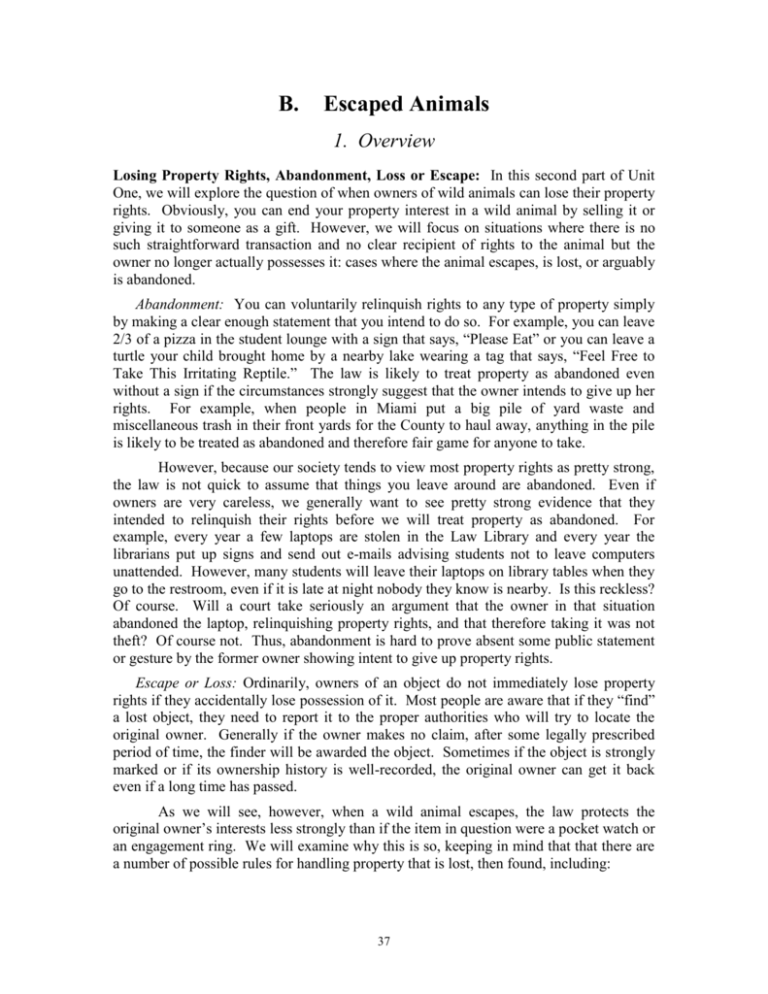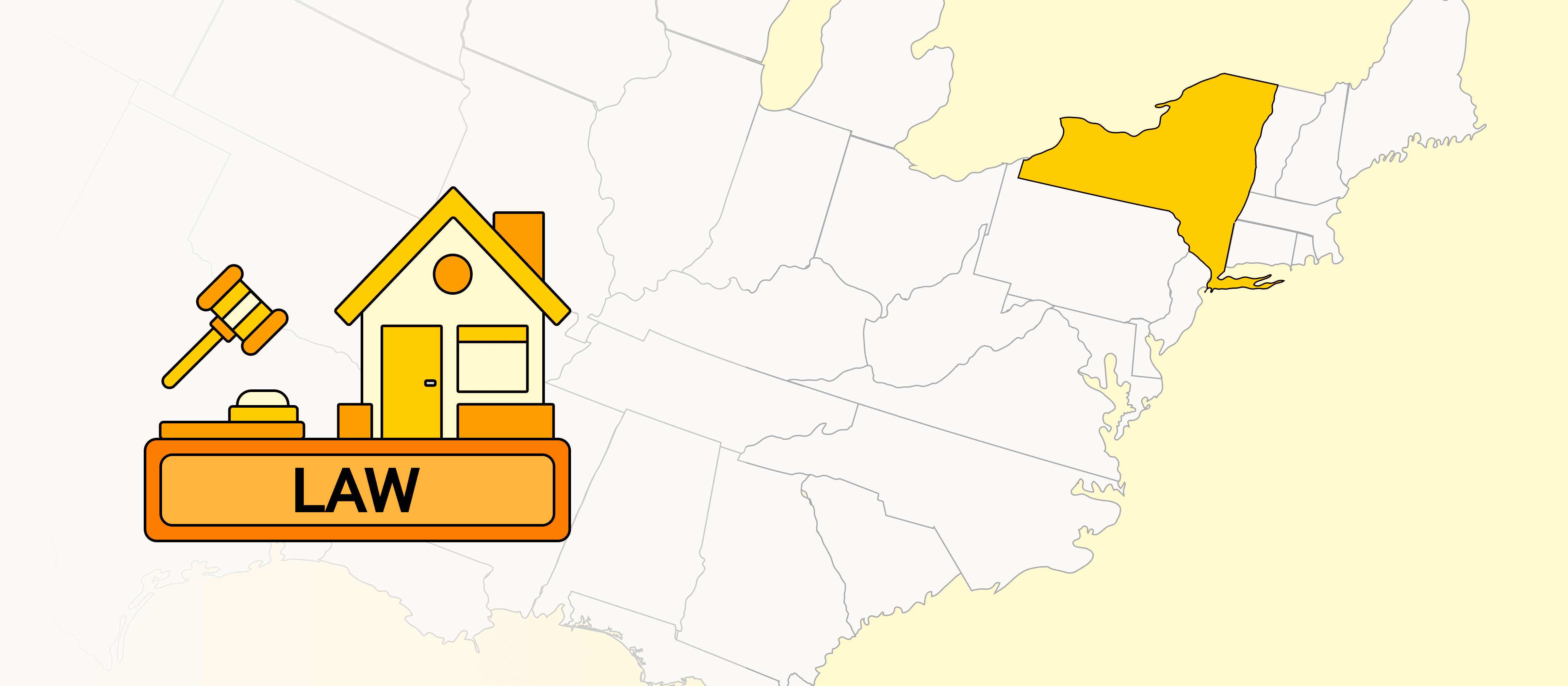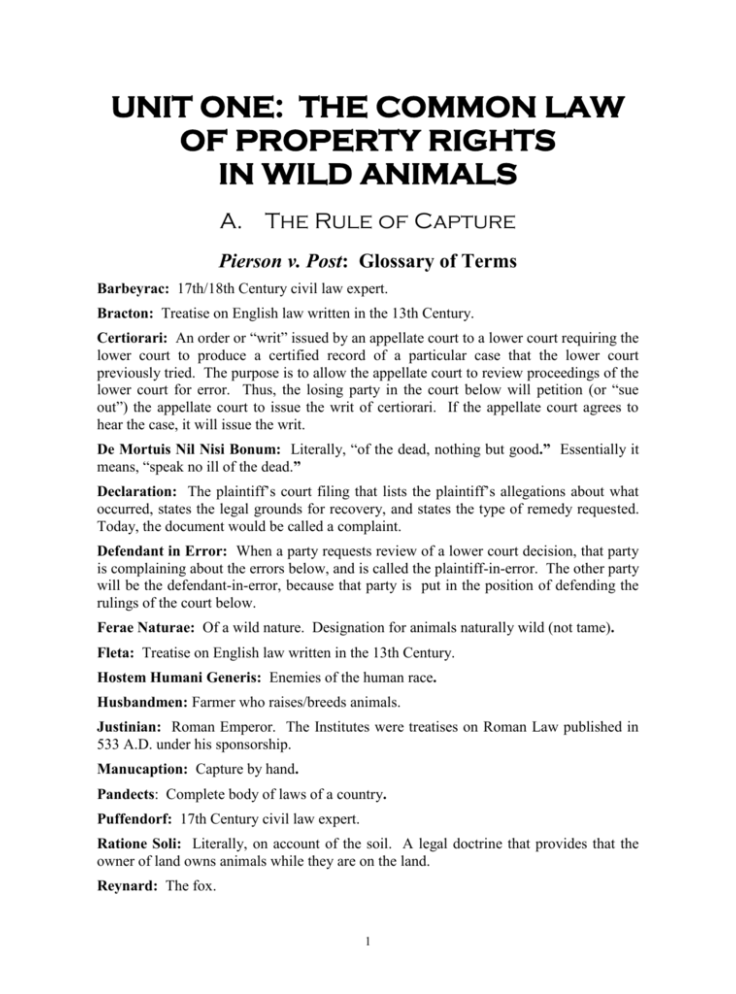Common Law Property Rights in New York
Navigating property rights in New York can be quite challenging, especially if you’re not well versed in the legal terminology. Common law property rights have developed over time and can greatly influence the management and distribution of assets. Whether it comes to matters like inheritance, divorce or just comprehending how your belongings are managed having a solid understanding of common law principles can be crucial. Based on my own experiences delving into these legal matters can feel daunting but grasping the fundamentals is key, to safeguarding your interests.
Understanding Common Law Property Rights

Common law property rights are based on longstanding legal principles that have evolved through court rulings over the years. In contrast to laws that are enacted by legislative bodies common law develops through judges decisions and established precedents. As a result the treatment of property rights can differ depending on previous legal cases and interpretations made by the judiciary.
Essentially common law property rights involve determining ownership and control of property based on past legal traditions. For example in situations the individual who possesses the title to a property is regarded as the owner. Nevertheless there are intricacies particularly regarding marital property or inherited belongings. This framework tends to adopt a flexible stance adjusting to circumstances as they emerge. In my view it’s this adaptability that can occasionally lead to confusion as the rules may shift subtly with the introduction of new case law.
Key Features of Common Law Property Rights in New York

In New York the property rights under common law have unique characteristics that differentiate them from other legal systems. Here are some of the notable aspects.
- Title-Based Ownership: Under common law, the person whose name is on the title of the property is typically recognized as the owner. This straightforward approach can be clear-cut but may overlook contributions made by others.
- Separate and Marital Property: In the context of marriage, common law often treats property acquired before the marriage as separate from marital assets. This can affect property division in case of divorce.
- Inheritance and Gifts: Property inherited or gifted to an individual is usually considered separate from marital property, which can impact how such assets are distributed.
- Equitable Distribution: Although common law traditionally favors title-based ownership, New York’s approach also includes equitable distribution principles, which may adjust the division of property to ensure fairness.
Having gone through the intricacies of these regulations firsthand I can vouch for the importance of grasping these subtleties. This is particularly true when it comes to making choices regarding property ownership or dealing with legal matters. Each of these aspects contributes to the way property rights are handled and conflicts are settled.
Differences Between Common Law and Statutory Property Rights

Exploring the realm of property law reveals a clear difference between common law and statutory property rights. This distinction plays a role in how property matters are addressed and can significantly influence legal approaches. Common law, as mentioned before, is based on rulings and past cases evolving over time through judicial decisions. In contrast statutory property rights are set forth by laws and regulations enacted by the government.
In my personal journey through legal issues I’ve encountered some unexpected variations. For example.
- Basis of Law: Common law is based on past court decisions, which means it can be more flexible but also less predictable. Statutory law, however, is codified and provides clear, written rules that are easier to follow.
- Flexibility: Common law adapts to new situations based on judicial interpretations, while statutory law is more rigid but also more straightforward.
- Precedent vs. Legislation: Common law relies on precedents set by previous cases, whereas statutory law is based on legislation passed by the governing bodies.
For example if you find yourself facing a situation regarding an inheritance matter common law can be more intricate since it draws on previous decisions that may differ. On the hand statutory law comes with a defined set of rules for inheritance that are consistently applied. I had to grasp this difference through experience as recognizing the type of laws involved could significantly impact the outcome of a case.
How Property Rights Are Determined Under Common Law
Property rights according to common law are mainly shaped by longstanding legal traditions and court rulings. This means that how ownership and control are determined relies on a combination of previous decisions and established practices. Here’s a breakdown of how this process typically unfolds.
- Title Ownership: The individual listed on the title of the property is typically regarded as the owner. This principle is straightforward but doesn’t always account for contributions made by others.
- Possession and Use: Long-term possession and use of property can sometimes influence rights under common law. For example, if someone has been using a property openly and continuously, they might have a claim to it.
- Legal Precedents: Decisions made in earlier cases can influence how current property disputes are resolved. This reliance on precedents can create a complex web of legal considerations.
Looking back on my journey grasping these subtleties has been crucial. For example if you’ve made contributions to a property but aren’t listed on the title proving your entitlement could involve presenting proof of possession and usage. This element of law can present challenges as well as opportunities based on the details of the situation.
Implications for Property Division During Divorce
Dividing property during a divorce can be tricky especially when it comes to common law. While there are statutory guidelines that offer rules common law tends to take a more nuanced approach. Here are some key points to understand.
- Separate vs. Marital Property: Common law typically views property acquired before marriage as separate, whereas property obtained during the marriage is considered marital. This distinction affects how assets are divided.
- Equitable Distribution: New York employs an equitable distribution approach, which means that even though common law may favor title-based ownership, the court may adjust the division of assets to ensure fairness.
- Contribution Evidence: In cases where one spouse has contributed to the property but isn’t on the title, they might need to provide evidence of their contributions to claim a fair share.
I believe it’s essential to recognize the impact of divorce on both an emotional and financial level. The journey can be overwhelming particularly when it comes to dividing assets that may not be easy to split. Being well informed about how common law influences these situations can offer a sense of reassurance and guidance, in navigating through a difficult period.
Recent Changes in New York Property Law
New York property laws are not set in stone; they adapt over time to tackle challenges and mirror shifts in society. Recently there have been noteworthy changes that affect property rights and their enforcement. These updates can bring a mix of excitement and apprehension depending on how they resonate with your individual circumstances.
For instance a noteworthy shift involves the implementation of regulations regarding tenant rights and landlord obligations. The state has bolstered safeguards for tenants by introducing rules for eviction procedures and improving safety standards. Based on my personal encounters with properties these modifications can significantly impact the resolution of disputes and the management of properties.
- Tenant Protections: Enhanced protections have been introduced to safeguard tenants from unfair practices. This includes longer notice periods for eviction and stricter regulations on rent increases.
- Property Tax Reforms: New tax regulations have been implemented to address property tax assessments and provide relief for certain property owners. This can impact your annual tax bills and the overall cost of property ownership.
- Changes in Property Transfer Rules: The process for transferring property ownership has been updated to include more rigorous documentation and verification steps, aimed at reducing fraud and ensuring transparency.
I believe it’s essential to stay updated on these changes as they can impact property management and the resolution of legal disputes. Being aware of these developments has aided me in handling property matters more efficiently, making sure I’m not taken by surprise, by unexpected legal changes.
Legal Resources for Common Law Property Issues
Dealing with property matters under common law can be tricky if you dont have the support. Luckily there are various legal resources at your disposal to assist you in grasping and tackling these challenges. Whether you’re facing conflicts related to property inheritance concerns or inquiries about your entitlements these resources can offer valuable insights.
- Legal Aid Organizations: Many organizations offer free or low-cost legal assistance for individuals dealing with property issues. They can provide advice and represent you in legal matters.
- Online Legal Forums: Websites and forums dedicated to legal advice can be a useful tool for getting answers to specific questions. These platforms often have experienced lawyers who provide insights based on common law principles.
- Local Bar Associations: Bar associations often have referral services that can connect you with qualified attorneys specializing in property law. They can help you find a lawyer who understands common law issues.
- Legal Clinics: Some universities and community organizations run legal clinics where law students, supervised by licensed attorneys, provide legal advice and assistance.
Based on my experience tapping into these resources has greatly helped me handle property concerns. They bring clarity and assistance to navigate through legal intricacies and offer practical solutions. Getting involved with these resources from the start can save you, on time, expenses and hassle.
How to Protect Your Property Rights
Safeguarding your rights is crucial whether you’re a property owner, a renter or involved in property conflicts. Here are some measures you can adopt to protect your interests and uphold your entitlements.
- Keep Accurate Records: Maintain detailed records of all property transactions, ownership documents, and correspondence related to your property. This can be invaluable in resolving disputes and proving ownership.
- Understand Your Rights: Educate yourself about your property rights under common law and any relevant statutes. Knowing your rights can help you make informed decisions and take appropriate action when needed.
- Consult Legal Professionals: Regularly consult with a lawyer who specializes in property law to review your legal standing and get advice on any potential issues. This can help you preemptively address problems before they escalate.
- Secure Your Property: Ensure that your property is well-protected physically and legally. This might include securing physical assets with locks and alarms, as well as ensuring that legal documents are properly safeguarded.
Throughout my experiences I have realized that following these measures not only safeguards my concerns but also brings me a sense of tranquility. By remaining alert and knowledgeable you can handle property issues with greater efficiency and make sure that your rights are thoroughly upheld.
FAQ about Common Law Property Rights in New York
In New York the realm of common law property rights brings up a lot of inquiries highlighting the intricacies and subtleties of this aspect of law. Here are a few commonly asked questions along with perspectives drawn from my experiences and observations of the legal landscape.
- What is the difference between common law and statutory property rights? Common law property rights are derived from judicial decisions and historical precedents, while statutory property rights are defined by written laws passed by the legislature. The former can be more flexible but less predictable, whereas the latter provides clear, codified rules.
- How does common law affect property ownership in New York? In New York, common law principles typically mean that the person whose name is on the title is considered the owner. However, contributions and possession can also influence ownership claims, especially in disputes.
- Can common law property rights be challenged? Yes, property rights established under common law can be challenged, especially if there is evidence of fraudulent activity or if the property has been used or possessed in a way that changes the ownership dynamic.
- What should I do if I believe my property rights are being infringed upon? If you feel your property rights are being infringed, it’s crucial to gather all relevant documentation and consult with a legal professional. They can provide guidance based on the specifics of your situation and help you take appropriate legal action.
- How can recent legal changes affect my property rights? Recent changes in property law can impact everything from tenant protections to tax assessments and property transfer rules. Staying informed about these changes and consulting with a legal expert can help you adapt and protect your rights effectively.
From what I gather tackling these matters from the start can help avoid unnecessary stress and confusion later on. Being proactive and well informed plays a role in navigating the intricacies of property law.
Conclusion
To grasp the nuances of common law property rights in New York it’s essential to navigate a mix of historical precedents and changing regulations. By keeping up, with legal updates using available resources and taking measures to safeguard your property rights you can effectively protect your interests. Whether you’re facing disputes or preparing for future needs having a solid understanding of these principles and seeking guidance can greatly impact the outcome.


